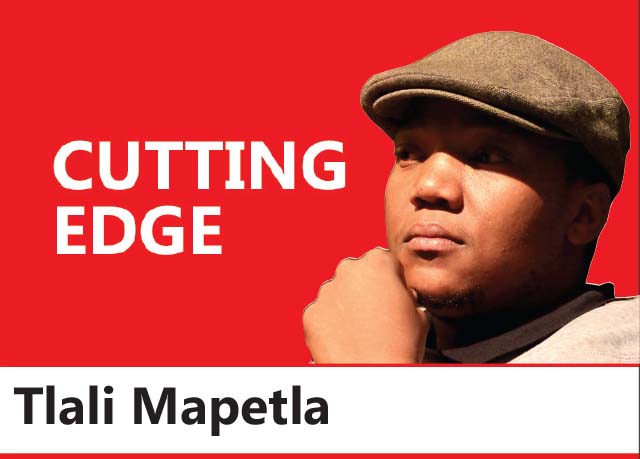MUSIC serves as a great indicator of the state of any society’s popular culture. While taste, instrumentation and style differs the world over, music’s commentary on a people’s lives is universal.
Urban music, particularly hip hop, has become a vehicle in promoting youth culture around the world. Social media has enabled young people to connect and share in a phenomenal manner. This has a direct effect on how they communicate and how much they share.
This means that books, films, fashion and music are distributed across the globe instantaneously, defining youth culture in an entirely different way from 15 years ago. In as far as hip hop in Lesotho is concerned, the culture has become a significant part of how the urban youth express themselves. This has resulted in enough local music on radio to have a weekly top 40.
This was not the case until 2005/6 when local urban music was really represented in a structured, entertaining and continuous manner for the first time.
Shows such as Miss P’s Unplugged, Dallas T’s Knock Off and the weekend Backdoor Sessions by the Youngest In Charge on Ultimate FM created the context. Eight years later, there is a whole generation of aspiring artists churning out new local music on radio weekly. This is not to say that all the music is worthy to be on air, but that so much material is being recorded by scores of young people across the country is a big deal.
Some of the more popular acts manage to secure monthly bookings and some type of endorsement, creating multiple industries with their work.
However, urban music as a business is yet to be firmly established in the country. There are scores of talented industry professionals and artists.
But promoters and sponsors still overlook local acts when it comes to major bookings. Even when local acts are booked, the fees are usually very low.
This is a business decision promoters make based on the appeal of international acts and the ability to attract numbers.
While, more often than not, this model works for the promoter, it has done nothing to empower local acts.
This means local companies will continue to spend exorbitant amounts on international artistes but not do anything to create sustainable careers for talented Basotho and essentially robbing them. Ten years ago, it could be argued that local MC’s or rappers were not talented enough, but in 2014 that argument is far from valid.
I have worked with a handful of both local and South African hip hop artists and I am more than proud to say that pound for pound, the competition is stiff.
This fact is simply proved by a rendition of US rapper Migos titled Versace, done by both a local and international rapper round about the same time.
The artists on the local remix were leaps and bounds ahead of their South African counterpart. Producer and rapper, T-mech, managed to assemble a strong team with the likes of Shuffle, Blitz and Skebza D.
But it was the South African version that received attention and trended on social media platforms like Twitter.
So the question we need to ask is why local musicians do not receive their just dues, and the answer lies within the artists themselves.
Having been fortunate enough to straddle the fence as both a musician and a brand manager, I have come to realise that it is a matter of profiling. The artists are simply not visible enough.
More often than not, the really talented artists are so focused on their craft that they do not take the various opportunities that come with the art.
Nobody is telling their story and the rest of Africa needs to hear what Lesotho hip hop has to offer.
Artists such as Gigi F, Nirex and Shuffle have enough swagger and bounce to present consistent radio hits that are universal. Qekha has the wit to appeal to a broad audience, much like Hip Hop Pantsula and Casper Nyovest. L-tore possesses the rare combination of strong cadence, content, flow and public appeal.
This is the same artistic trait that defines Khuli Chana’s brand and career. With intelligent and articulate style like Reason, Nuch only needs one mic to prove his point. Pitso Ramakhula, Isosceles and Future represent a more live and musical level of production which puts them in the same room as Kwela experience and Kabomo.
I mention these particular Basotho acts because they have begun to understand the business of making music.
While there is a lot of local hip hop music on radio daily, it ends there.
Even though a few shoot decent enough videos to reach the intended market, there are not efficiently distributed. So all that radio airplay essentially floods the only real medium in the country, which is radio. A lack of funds makes it difficult for the artists to market themselves on other platforms such as television and fashion.
The acts mentioned above have found a way to package and distribute their music independently to the local market, organising their own events, videos, merchandise and creating a following.
But working independently means you are spending your own money to grown your brand. The cost of production and shooting high quality videos does not reflect the booking fees that the artists are paid. So in essence they have become enemies of the state. They are the best, we know they are the best, but where are the returns?
Until local artists are properly profiled, they will never garner the same respect, treatment and pay cheques as international artists.

